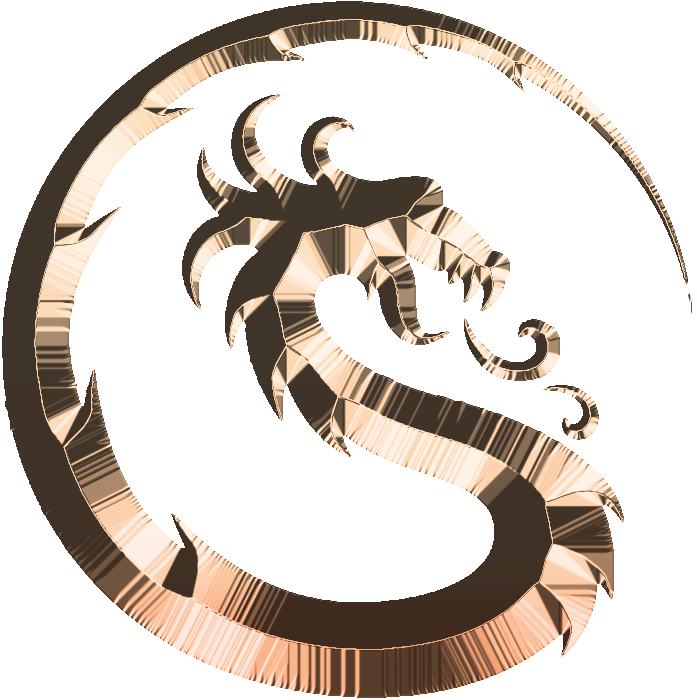Richard Swan’s Empire of the Wolf series reaches its epic conclusion in The Trials of Empire. This installment is more harrowing and bloody than its predecessors, but it provides a satisfying conclusion to this captivating trilogy.
This novel begins where The Tyranny of Faith left off. Former magistrate justice Sir Konrad Vonvalt and his law clerk Helena are exiles. The emperor has abolished the Order of the Magistratum and is oblivious to the true danger facing his empire. That threat is the zealous priest Bartholomew Claver, who has gathered a vast army of Templars to overthrow the empire and establish a tyrannical theocracy in its place.
Even more, Claver has allied himself with a mysterious demonic lord from what Helena calls the Afterlife or the Holy Dimensions. The first two books provided glimpses into these dimensions and the hellish creatures who inhabit them. But this book dives deep into that supernatural realm, with Helena forced to spend much of the story working with spiritual allies to stop Claver and his patron.
While the novel provides greater insight into the gods and demons of Swan’s fictional world, there is far less mystery in this book than in the first two. Those mysteries – the murders in book one and the kidnapping of the royal heir in book two – were among my favorite parts of the series as Vonvalt and Helena played the roles of Sherlock Holmes and Watson, trying to solve them. Yet by the third book, the only mystery remaining is the identity of Claver’s demonic patron, which is less compelling than those in the previous books.
But, unlike the earlier books, the stakes in this one are much higher. This book concerns the survival of the empire itself, if not all of mankind, given the demonic evil Claver threatens to unleash on the world. The battles in this book are larger, bloodier, and far more intense than what came before. They also take place both on the mortal plane and in the Afterlife, which produces some of the novel’s most gruesome scenes, tipping the story ever closer to the realm of dark fantasy.
Like book two, Helena is the hero of this tale. She’s a fantastic character who is easy to root for, and it’s not surprising that Vonvalt plays a less prominent role in this one. But before it’s over, Vonvalt once again gets to shine in one of the most compelling courtroom scenes I’ve read in a fantasy or historical novel.
Overall, this was a fantastic series with deep themes about the importance of the rule of law, the morality of empires, and what lies beyond death. It’s the type of story that makes you think, and one that will, I suspect, stick with me for a very long time. I’d put Richard Swan up there with the best authors writing grimdark fantasy today, and I’m looking forward to whatever he comes up with next.

